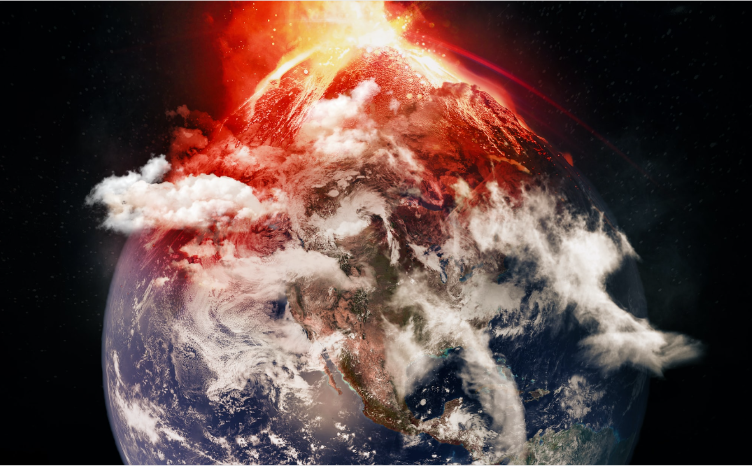Big Bang time – How big was the universe back then?

This is a very interesting question. In fact, everything related to the origin of the universe is one of the most important and interesting questions that exist.
The very process of arriving at the answer has a history of more than a century – if we do not count on various assumptions that were made in early times, i.e. by the ancient Greeks.
Until the middle of the last century, there was a fierce struggle between supporters of the idea that the universe is infinite in time and space and the idea that both time and space, and therefore the universe, had a beginning.
And it is an extremely interesting topic, but for this occasion we will only say that today, based on clear arguments and numerous evidences, the accepted theory is that everything that exists was created, including time and space, in an event that was named the Big Bang.

And the very idea of the Big Bang was arrived at by scientific logic and mathematics, especially after Edwin Hubble noticed that galaxies were moving away from each other, and that was in the third decade of the last century.
The logic is this: if today the galaxies are moving away, i.e. if today they are further from each other, then yesterday they were closer.
When the first stars formed, several hundred million years after the Big Bang, the radius of the universe was 20 times smaller than it is today. Today it is about 46.5 billion light years. When the first atoms were formed, a few hundred thousand years after the Big Bang, the radius was 1000 times smaller than today. At that time, the region of space that we see today was only a few hundred million kilometers.
The universe at the moment of creation
Theoretically, we can go back even further into the past and imagine the state as it was only 10-43 seconds after the Big Bang! We cannot go further into the past because the laws of physics as scientists understand them today prevent us from doing so.

And in that ancient time, in the fraction of the first second of creation, the universe was smaller than the dot at the end of this sentence. Smaller than a pin head. Of course, there was an incredibly high density of matter at that point.

